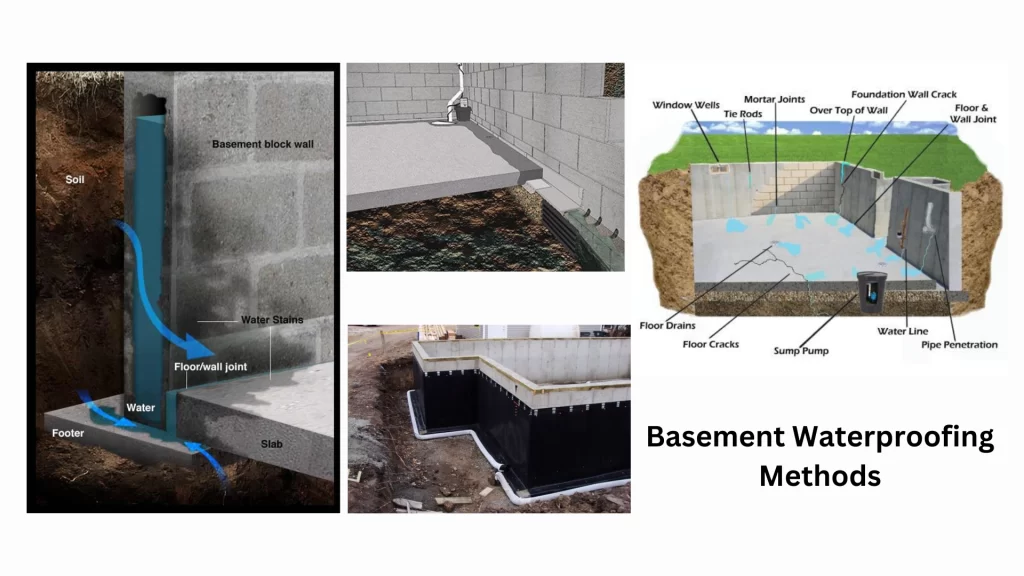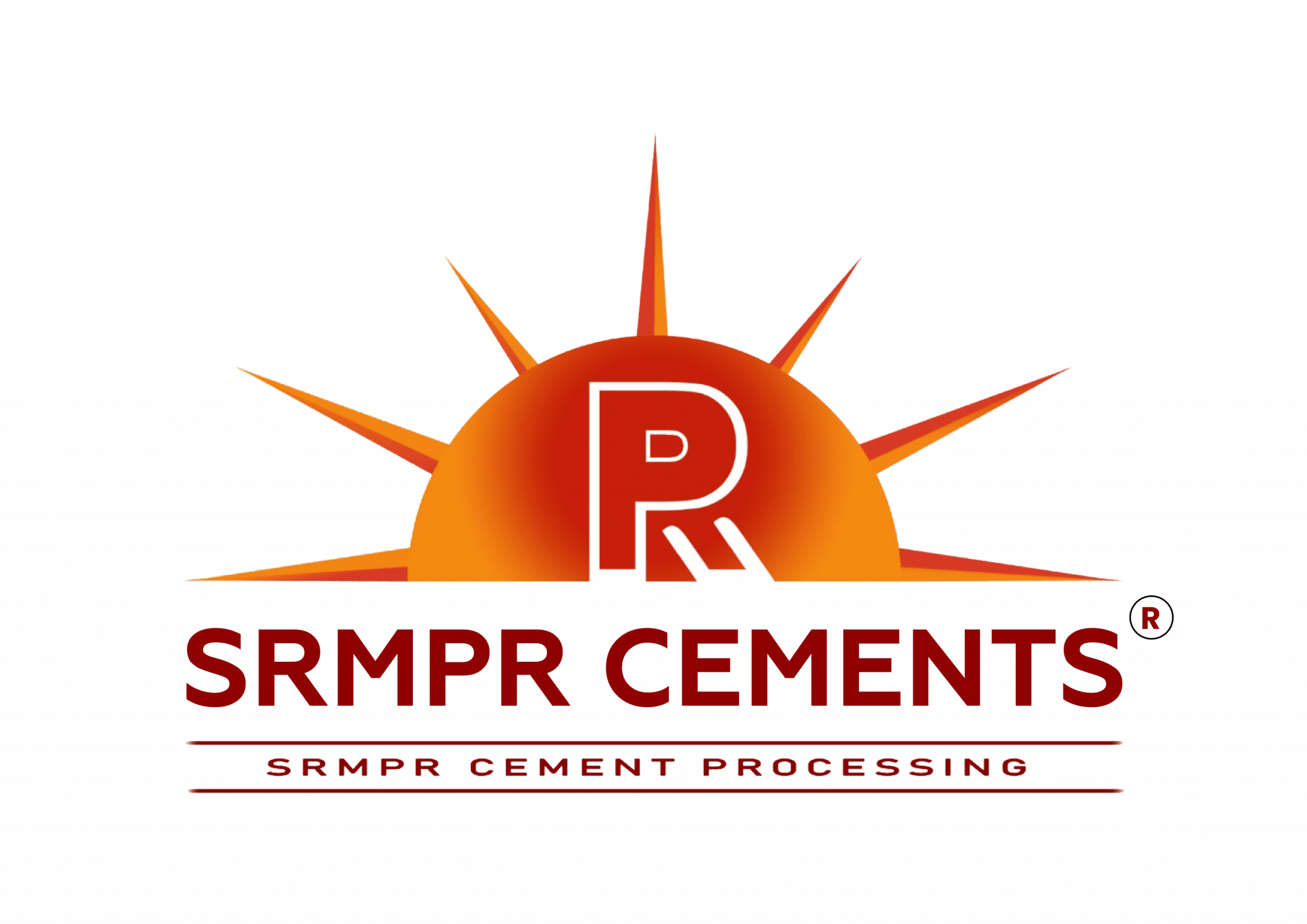Basements are crucial in any home, offering extra living space, storage, and utility areas. However, they can also present challenges for homeowners, particularly when it comes to water seepage or damage. Water can infiltrate basements through capillary pores or cracks in the foundation or walls, leading to mildew and structural issues.
This is where basement waterproofing becomes essential. Basement waterproofing involves sealing and safeguarding a basement against water damage. There are various methods to achieve this, each with its unique benefits and drawbacks.
In this blog, we will delve into the different basement waterproofing techniques, the advantages of each approach, and the common causes of basement water damage.
Causes of Moisture in the Basement
Hydrostatic Pressure:
One primary cause of basement moisture is water seepage through cracks in the foundation or walls, often due to hydrostatic pressure from the surrounding soil or inadequate drainage systems.
Improper Soil and Drainage Systems:
Moisture issues frequently stem from poor soil and drainage around the home. If the soil isn’t properly sloped away from the foundation or if drainage is insufficient, water can accumulate and infiltrate the basement.
Poorly Installed and Maintained Gutters:
Faulty gutters, whether due to poor installation or lack of maintenance, can exacerbate moisture problems. Clogged or malfunctioning gutters cause water to overflow and pool around the foundation, leading to basement water damage.
Condensation:
Condensation significantly contributes to basement moisture problems. This happens when warm, humid air meets cooler surfaces, like walls or pipes, forming water droplets. Basements that lack proper ventilation or insulation are especially prone to condensation issues.
Cracks in the Basement:
Cracks in the basement walls or floors, along with improper soil slope around the foundation, can lead to moisture problems. Water can collect and seep through these cracks, resulting in basement water damage.
Basement Waterproofing Methods
Interior Sealants:
Interior sealants involve applying a waterproof coating to the inside of basement walls and floors. This method addresses water seepage through cracks, gaps, or porous concrete, particularly in areas with high groundwater or poor drainage. The sealant forms a barrier that prevents water from entering the basement, thereby mitigating water damage and mildew growth. However, interior sealants are only suitable for minor water issues and do not address the underlying causes of moisture.
Exterior Waterproofing:
Exterior waterproofing targets water infiltration from outside the foundation walls. This method involves excavating around the foundation and applying a waterproof coating or membrane to the exterior walls. While it is highly effective in preventing water damage and preserving the building’s structural integrity, it can be expensive and disruptive due to the necessary excavation and potential landscaping repairs. Despite the costs, exterior waterproofing remains the most reliable and long-lasting solution for basement water infiltration.
Interior Waterproofing:
Interior waterproofing is designed to manage condensation-related moisture. This method involves directing water that enters through walls or the floor into a drainage system, which is then expelled by a sump pump. A drainage pipe, installed below the basement floor, slopes towards a sump pump pit. When water levels in the pit reach a certain point, the sump pump activates and pumps the water out of the basement and away from the foundation. This system effectively manages water entry and prevents basement flooding.
Foundation Crack Injections:
Foundation crack injections repair cracks in foundation walls from the inside without requiring exterior excavation. This process involves injecting liquid polyurethane or epoxy into the cracks, which hardens to create a waterproof barrier. This method is quick and minimally disruptive, suitable for small cracks that do not pose a structural threat. However, it does not address the root causes of the cracks, which may necessitate additional waterproofing measures. Larger or more severe cracks might require more extensive repairs.
Advantages of Basement Waterproofing
Basement waterproofing offers numerous benefits that help protect your home from water damage and related issues. Key advantages include:
Better Indoor Environment:
Waterproofing reduces moisture levels and prevents mildew growth, improving overall air quality in your home.
Protection for Basement Floors:
Moisture can damage basement floors over time. Waterproofing prevents this damage, extending the lifespan of your floors.
Prevention of Basement Flooding:
By preventing water from seeping into your basement, waterproofing reduces the risk of flooding and subsequent property damage.
Protection for Your Sump Pump:
Waterproofing helps manage water levels, preventing your sump pump from becoming overwhelmed and protecting it from damage.
Protection for Your Sump Pump:
Waterproofing helps manage water levels, preventing your sump pump from becoming overwhelmed and protecting it from damage.
Protection Against Structural Damage:
Water damage can compromise your home’s structural integrity. Waterproofing prevents this damage, extending the life of your foundation.
Reduced Energy Costs:
Waterproofing reduces moisture levels, making it easier for your HVAC system to maintain a comfortable temperature, thus lowering energy costs.
Basement waterproofing is essential for safeguarding your home or building from water damage, mold, and structural problems. By understanding the causes of moisture, selecting the appropriate method, and determining the right basement waterproofing cost, you can achieve a dry and secure basement. The benefits of basement waterproofing make it a wise investment for any homeowner or property owner.
Choosing SRMPR Cements for your basement waterproofing needs ensures quality, durability, and reliability. With a proven track record in producing high-performance waterproofing products, SRMPR Cements offers solutions that effectively protect your basement from moisture and water damage, giving you peace of mind and long-lasting results.



